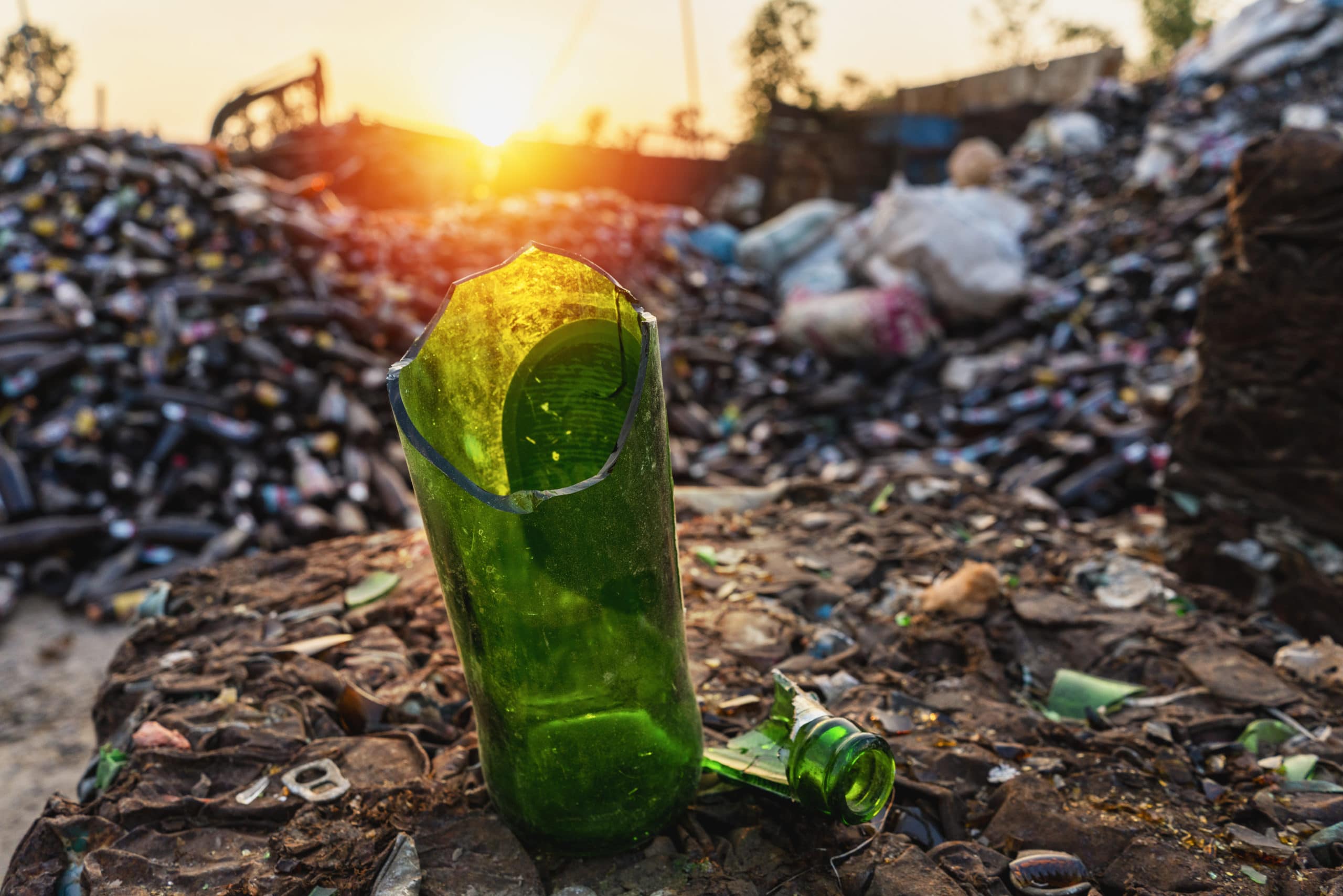Kirk Semple, a professor of environmental microbiology at Lancaster University, was in South Africa recently sharing ideas on how waste and water can be components of the circular economy.
IN AN UNPRETENTIOUS SUIT, TIE and glasses, Kirk Semple looks every bit the academic he is.
Flying in to South Africa from a visit to Ghana for the first time, to speak at the annual Future Of Education Summit, organized by the ABN Group on December 4, this professor of environmental microbiology at Lancaster University in the United Kingdom is part of the institution’s Recirculate project, exploring different ways in which waste water can sustain communities.
“My original love is to do with how we can use microorganisms to deal with pollution in the environment, particularly from hydrocarbons in the soil,” he says.
Born and bred in Scotland, he is the Director of International Engagement at the Lancaster Environment Centre, Associate Dean International of the Faculty of Science and Technology and Interim Director of the Future Cities Research Institute at the university.
Loading...
Seated in FORBES AFRICA’s offices in Sandton, Johannesburg, Semple takes us to the complex and captivating world of microorganisms.
“They still pose that metabolic versatility to degrade or decompose [waste] and we have been using them for hundreds and thousands of years,” he says.
As part of the Recirculate project, the key focus is to protect humans from contaminated water and disease using a sustainable water treatment system.
“As a population, we produce a lot of waste so it’s about taking that waste and using it to produce energy, the so-called bio-energy. And bio-energy is a sustainable off-grid system where you can convert bio gas, which is the product of this process and is combustible, into energy, whether heat or whatever.
“What we have discovered is that waste is actually nutritionally rich. But we are not alone in this. We have been looking at ways in which we can take that waste and use it instead of inorganic fertilizers in crop production.”
This, in turn, would offer an opportunity for farmers to possess sustainable and affordable solutions to grow crops. Semple says there are huge opportunities for this project in countries like South Africa.
Together with researchers from Stellenbosch University and the University of KwaZulu-Natal in the country, he has submitted several grants for the “waste-energy-food nexus”.
Water from toilets and taps end up at a water treatment plant and a big part of this nexus is to use microbial activity to decompose this waste into cleaner water.
“I’ve always been an optimist and I see lots of opportunity to work together and fortunately, at the moment, there’s a lot of funding opportunities, whether it is from government, business, the World Development Bank, the African Development Bank or charities,” he says.
They have since received £78 million ($101 million) from the Global Challenges Research Fund, to support the Recirculate project to develop a safe circular water economy.
Semple insists collaboration is key to solving some of the world’s biggest problems.
“What is really good is how people from different African countries are trying to work together to make life better and that for me is really important given what is going on in the world politically, and given what is going on in the world in terms of the environment.”
Looking back at his journey at Lancaster University, Semple did not always see himself in the world of academia. After working at a research institute as a post-doctoral researcher in 1995, he wanted to figure out what he really wanted to do.
“I was still adamant I didn’t want to be an academic,” he says. He chanced upon a vacancy for a position at Lancaster University which was in his area of interest. However, he dismissed the thought. A couple of weeks later, he saw the same post again, but did not pursue it. The third time he saw it, destiny had its way. Semple applied for the job and the rest is history.
His fulfilling assignment in West Africa has allowed him to collaborate with more researchers across the continent and teach post-graduation students, creating better solutions for the planet’s water crises.
Loading...
